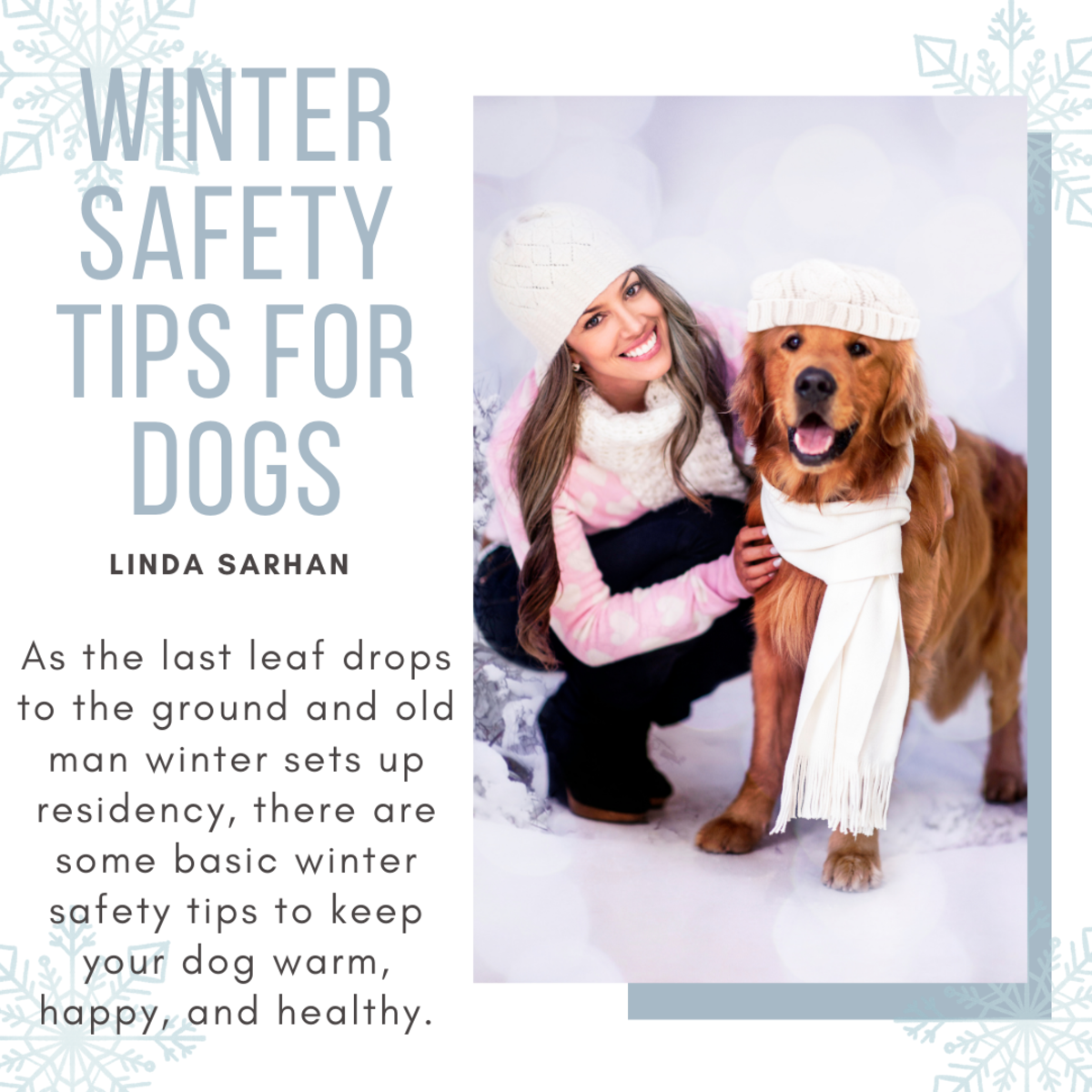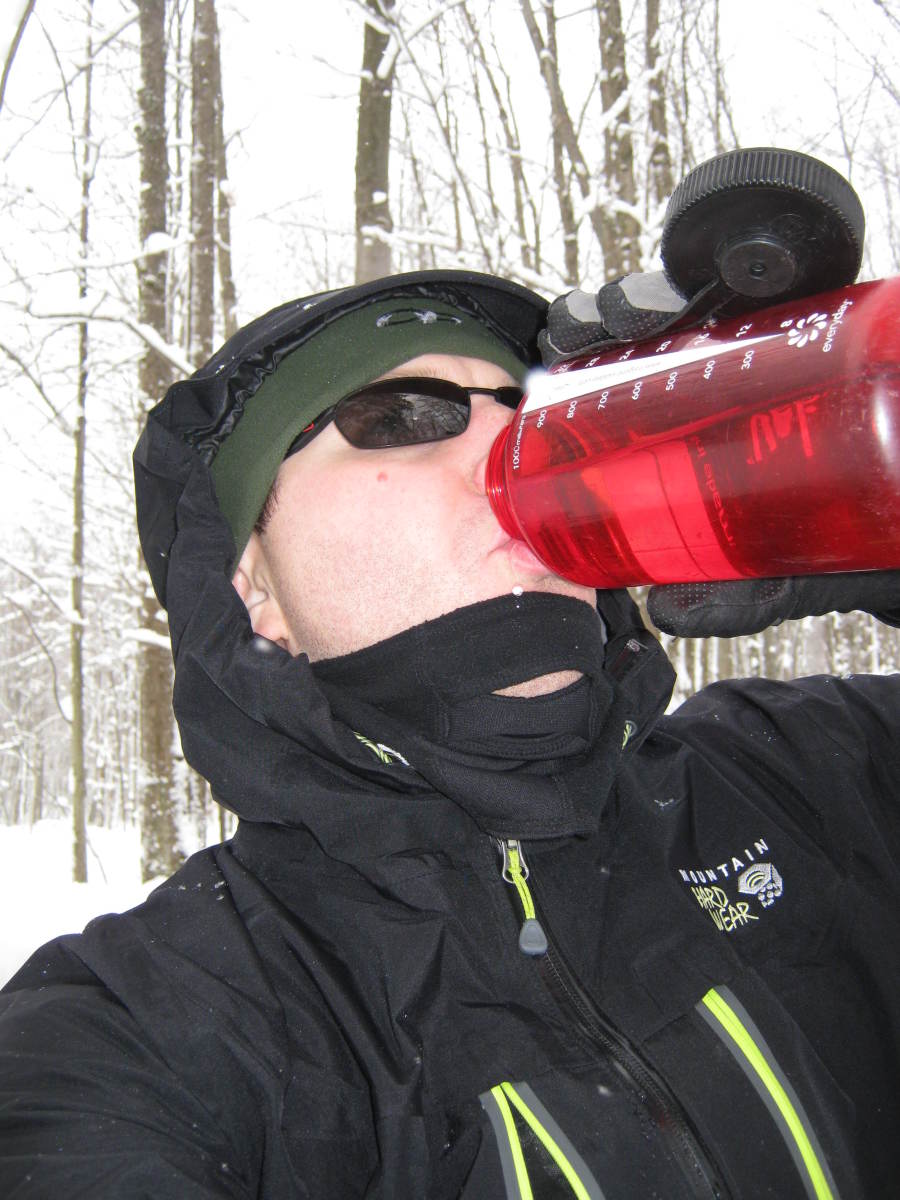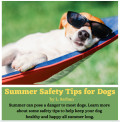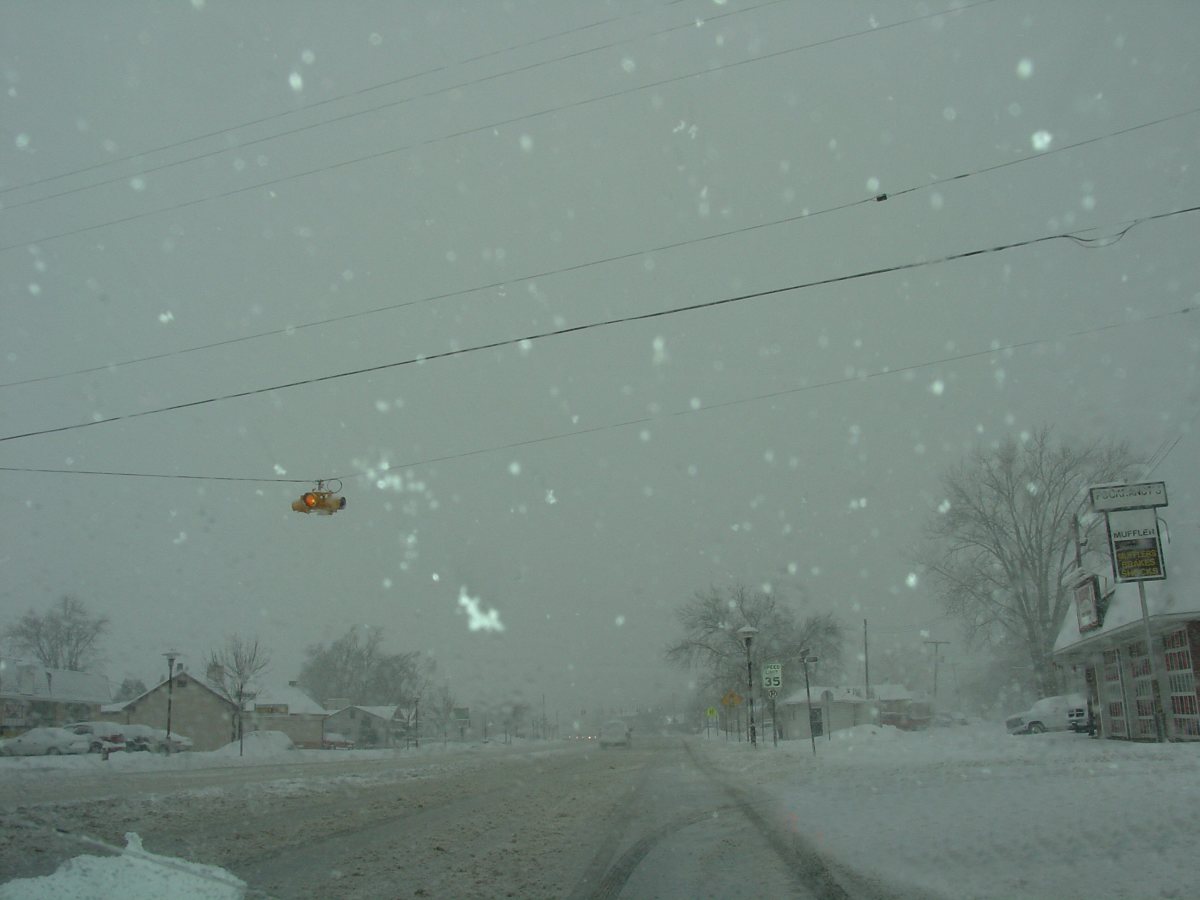Heatwave Safety Tips
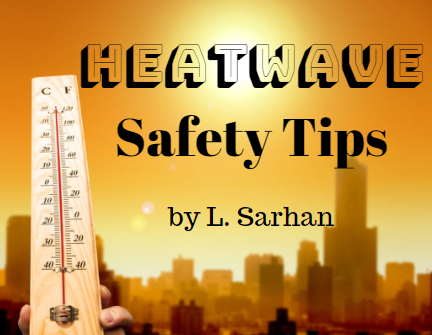
Summer is the time of year when people try to enjoy activities outdoors. Summer can also be a dangerous time especially when the temperature starts to heat up. Prolonged periods of extreme temperatures can cause what is referred to as a heatwave. With any heatwave comes major health concerns. Consider these following tips when it comes to protecting your health from heatwaves.
Drink Water
Staying hydrated during heat waves is essential to surviving what the summer throws at you. It is advised that a person should drink 16 to 32 fluid ounces every hour. However, if you have a heart condition, kidney disease, or other health issues it is wise to talk with your doctor before increasing your water intake. The water should be cool instead of room temperature. This helps your body stay cool. It is suggested to avoid ice-cold water because it may cause stomach cramps. Avoid drinks with caffeine or alcohol because this will cause your body to become dehydrated. Although in most areas, municipal tap water is a good choice, the brand Smart Water adds electrolytes to their water. It is a great alternative to sports drinks.
Drink Sport Drinks
If you prefer a drink with flavor, consider drinking Gatorade, Powerade, or other sports drinks with electrolytes in addition to your daily water intake. This will help replenish your salt and minerals that your body loses when it sweats and becomes dehydrated. This doesn’t mean, however, that you should increase your salt intake on foods. If you are looking for an electrolyte drink without sugar and added flavor, Smartwater is a great alternative to sugary sports drinks.
Eat Light Meals
The heavier the meal is, the more the heat will take its toll on your body both inside and out. Consider eating salads, and fresh fruits and vegetables. Even consider enjoying a frozen treat during this time. The more protein you consume during a heatwave, the hotter you will feel. Proteins will increase your metabolic heat production.
Poll
Do you use the air conditioner in your vehicle during the summer months?
Stay Indoors
The next best way to avoid heatwave health risk is to stay in an air-conditioned room. Fans alone aren’t going to be much help against the rising temperatures. If you do not have air conditioning, consider going to the mall for a few hours or the public library.
Avoid Hot Vehicles
If possible, run the air conditioner in your vehicle. Also, never stay for prolonged periods in the vehicle. A vehicle is like an oven during a heatwave. Within minutes, the inside of the vehicle can reach temperatures of 180 degrees Fahrenheit to 200 degrees Fahrenheit. This will suffocate anyone in less than an hour, including children and pets. So please take the children and pets into where ever you went. Better yet, find a babysitter or pet sitter to watch them from the safety of an air-conditioned room.
Outdoor Activity Advice
Plan your outdoor activities carefully. Mornings and evenings are the best time to be outdoors if there is ever a good time during a heatwave. While outside, slow down your activity. Take frequent breaks in a shaded area or preferably indoors. Again, always carry cool water with you and sunscreen.
According to WebMD, the cause of heat cramps is unknown but it is thought to possibly be connected with an electrolyte deficiency.
Clothing and Skin Protection
Choose clothes that are light and airy. The darker the clothing the more heat is absorbed turning your clothing into a personal sauna with hazardous effects. Consider wearing a wide brim hat to help protect your neck and face. Also, any time you go outside, whether it is a heatwave or not, where sunscreen of SPF 30 or greater. Aside from prolonging damage to your skin suffering from sunburn during a heatwave can be even more excruciating. Sunburns trap heat inside your body and with a heatwave to endure this can have even more damaging effects to your body.
Health Complications
Aside from sunburns, heat waves increase the chances of heat exhaustion, heatstroke, and even heat cramps. Be sure to learn how to avoid and treat these risks before venturing out in the prolonged summer heat.
The people most at risk for the prolonged exposure to heatwaves are the senior over the age of 65 and young children under the age of 4 years. Other people who may be at risk are those who are overweight, those who have certain illnesses, and those who take certain medications. It is always best to consult your physician on how to protect yourself from heatwaves. Your doctor knows your health history and knows what prevention tips will work best for you.
This content is accurate and true to the best of the author’s knowledge and does not substitute for diagnosis, prognosis, treatment, prescription, and/or dietary advice from a licensed health professional. Drugs, supplements, and natural remedies may have dangerous side effects. If pregnant or nursing, consult with a qualified provider on an individual basis. Seek immediate help if you are experiencing a medical emergency.
© 2014 L. Sarhan

